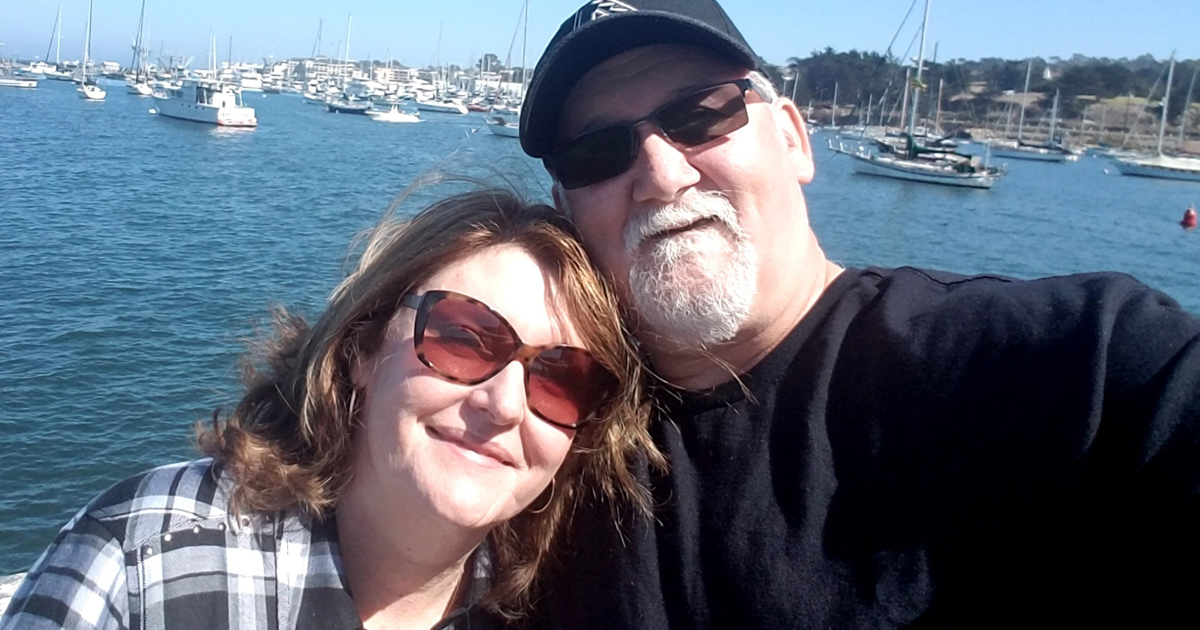


In August 2020, Ronda D. was diagnosed with stage 3b colon cancer. She underwent a bowel resection and eight rounds of chemotherapy. She has experienced several side effects from the treatment, including neuropathy in her hands, legs and feet. Here, she shares the 10 ways she navigates neuropathy with her care team and at home.
